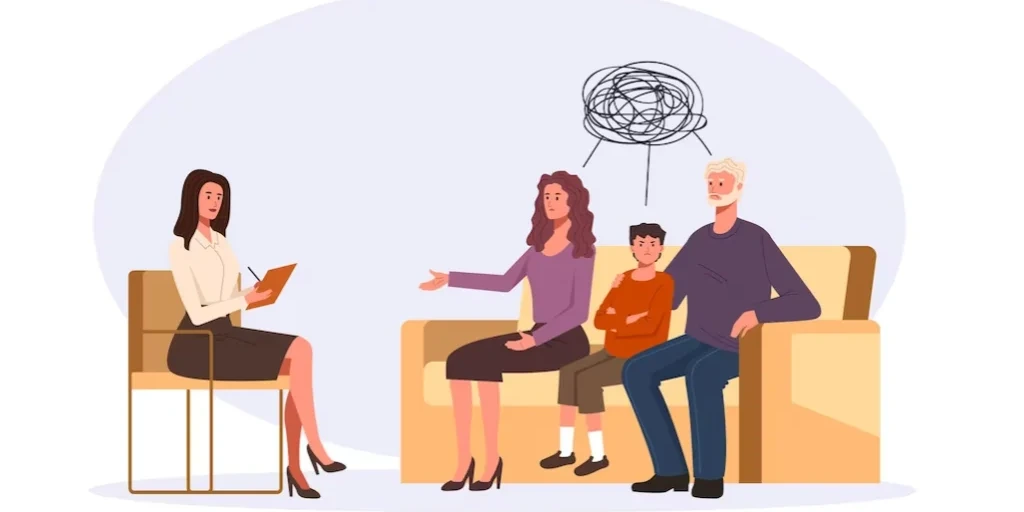24/7 Helpline:
(866) 899-221924/7 Helpline:
(866) 899-2219
Learn more about Eating Disorder Treatment centers in Bossier County
Eating Disorder Treatment in Other Counties

Other Insurance Options

Ceridian

Kaiser Permanente

American Behavioral

CareFirst

Covered California

Meritain

ComPsych

CareSource

State Farm

PHCS Network

Molina Healthcare

Humana

Providence

Aetna

Holman Group

Lucent

Anthem

Regence

WellPoint

Cigna

CADA Bossier Treatment Center
CADA Bossier Treatment Center is a CARF-accredited substance abuse rehab for adolescents and adults....

AppleGate Recovery
AppleGate Recovery offers medication assisted programs for individuals with opiate addiction. AppleG...
























Red River Behavioral Center
Red River Behavioral Center is a private rehab located in Bossier City, Louisiana. Red River Behavio...

Council On Alcoholism
Council On Alcoholism is a private rehab located in Bossier City, Louisiana. Council On Alcoholism s...

Bossier Rehabilitation and Fitness
Bossier Rehabilitation and Fitness is a private rehab located in Bossier City, Louisiana. Bossier Re...

Red Oak Counseling
Red Oak Counseling is a private rehab located in Elm Grove, Wisconsin. Red Oak Counseling specialize...












































































































